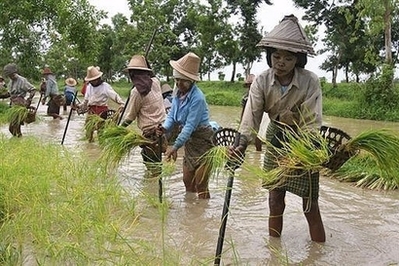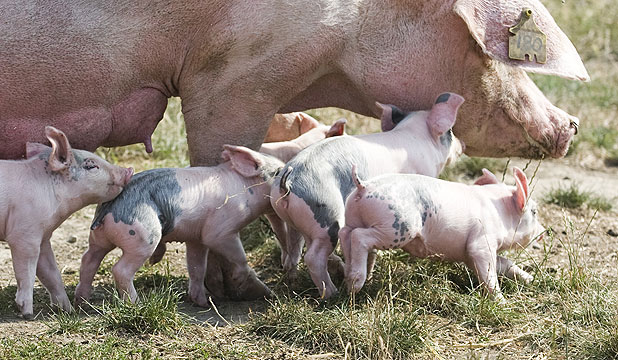Turkey the winner in Gulf's investment hunt
- Turkish Daily News
- 01 September 2008
As the increase in oil prices continue to help boost the income of Persian Gulf nations, Turkey is becoming a magnet for Gulf-based investors aiming to establish strategic food reserves









